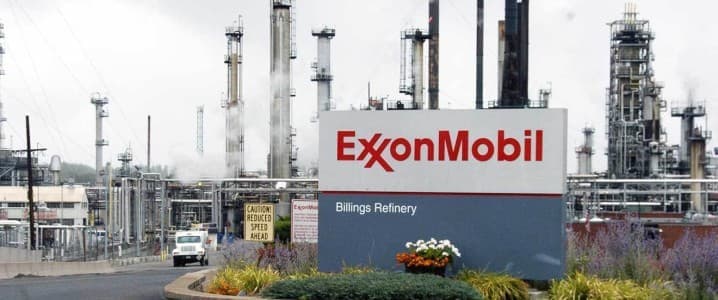Exxon is now circling the same distressed prize Chevron has been eyeing: chunks of Lukoil’s global portfolio, suddenly up for grabs after Washington loosened the legal chokehold on the sanctioned Russian major. Multiple sources say Exxon is actively weighing options to acquire Lukoil assets in Kazakhstan, where both companies already sit alongside the Russian firm in the Karachaganak and Tengiz projects. Chevron, a partner in both fields, has been running its own valuation process since last week’s Treasury move cracked the door open.
What changed is simple: the U.S. Treasury granted a short-fuse authorization—expiring December 13—that allows companies to begin talks with Lukoil. It isn’t a green light to close deals, but it’s enough to trigger a global feeding frenzy. In the span of days, the list of potential bidders now includes Exxon, Chevron, Carlyle, ADNOC, and several European operators trying to decode which assets can be acquired without detonating compliance tripwires.
For Exxon, one particularly shiny lure is Iraq’s West Qurna 2, Lukoil’s crown jewel and one of the largest undeveloped oil reservoirs in the world. Exxon spent years operating the adjacent West Qurna 1 before exiting last year; stepping into Lukoil’s position next door would be a geopolitical flex and a technical fit. It would also amount to the most consequential U.S. upstream move in Iraq in more than a decade.
Lukoil’s foreign footprint is sprawling: three European refineries, retail fuel chains spanning the EU and the U.S., and upstream stakes in Kazakhstan, Uzbekistan, Mexico, Ghana, Egypt, and Nigeria. Collectively, the company’s non-Russian assets pump roughly 0.5% of global oil supply—small by headline share, but distributed across exactly the kind of jurisdictions Western firms like to secure when Russian rivals are forced to retreat.
The structural backdrop matters. Chevron is evaluating the same opportunities through the lens of sanctions creep, transitional operating licenses, and the hard lessons from Gunvor’s failed $22-billion bid, which collapsed the moment U.S. officials labeled the trader a Kremlin proxy. Private equity players like Carlyle have narrowed their focus to assets they can absorb without extended licensing gymnastics.
For now, Exxon isn’t commenting. The clock runs out in less than a month, and the world’s biggest oil companies are already elbow-deep in one of the most geopolitically loaded garage sales in years.
By Julianne Geiger for Oilprice.com
More Top Reads From Oilprice.com

